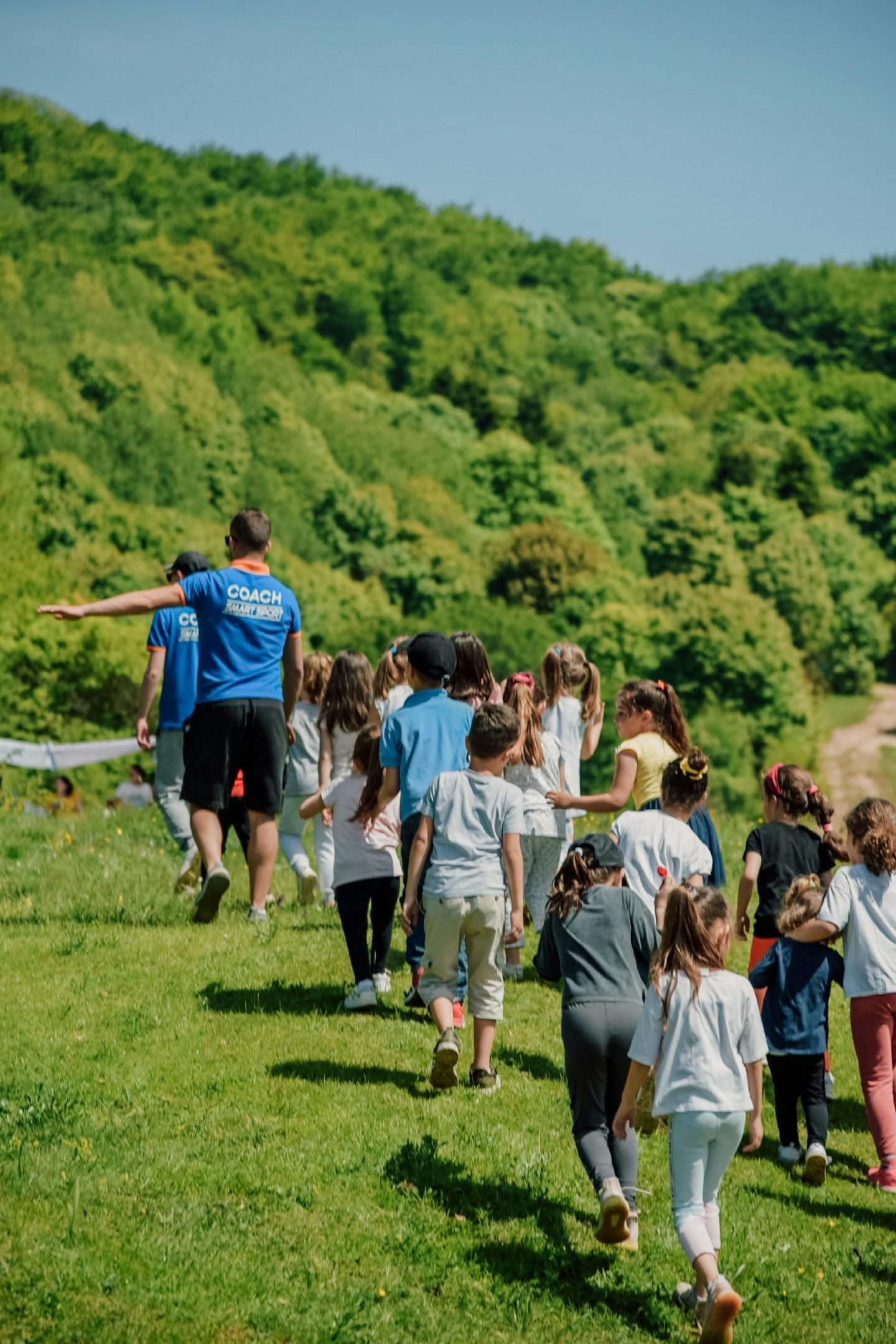
School trips offer a unique opportunity for students to experience hands-on learning outside the confines of the classroom. They immerse children in real-world settings, be it a historical site, a science museum, or a natural environment, allowing them to make deeper connections to their curriculum. Children learn to become more independent, make decisions in unfamiliar situations, and interact with peers in a different context, building social skills and boosting their confidence.
For children with diverse abilities, these trips can be especially impactful. They provide an inclusive environment where students can showcase strengths that might not always be evident in classroom settings. Ultimately, the best school trips create cherished memories, instil a love for exploration, and underscore the belief that learning can happen anywhere and everywhere.
Key Questions In The Initial Planning Stages
When it comes to planning a school trip, preparation is key. As parents, it’s essential to be involved early in the process to ensure a successful and enjoyable experience for all. Begin by understanding the purpose of the trip: What are the educational objectives? Which subjects or topics does it support? Familiarising oneself with these aspects ensures alignment with academic goals.
Next, enquire about the itinerary. Knowing the destinations, activities, and the sequence of events helps in gauging the trip’s feasibility for your child. Also, don’t shy away from asking about supervision ratios and the protocols for emergencies. Clear communication with teachers can clarify expectations on both ends. Get insights on how inclusivity is ensured. How will the school cater to children with varied abilities? Being proactive in this stage can alleviate concerns and set the foundation for a successful school trip.
The Ultimate Guide For School Trip Transport
Selecting the right transport is crucial for ensuring a smooth and stress-free school trip. Leasing a minibus is a popular choice for many schools, offering a blend of convenience and flexibility. When considering a minibus, foremost is the vehicle’s safety and condition. Check for modern safety features, adequate seat belts, and accessibility options, especially if you have students with mobility challenges.
Minibus leasing makes getting a school minibus quick and cost-effective. The Minibus Centre has various lease options for you to choose from and each school minibus has been designed to take children on short and long trips safely and comfortably. When choosing a minibus to lease, consider the size and seating capacity. Ensure there’s enough space for all students, their belongings, and any additional equipment required. Fuel efficiency is another aspect; opting for a more eco-friendly model can reduce the trip’s carbon footprint.
Think about the duration of the lease. For recurring trips throughout the year, longer-term contracts might offer better value. By paying attention to these details, you’ll ensure comfortable and safe transportation for every school excursion.
Inclusion Matters When Planning
Every child, irrespective of their physical, mental, or social abilities, deserves an enriching experience on school trips. Inclusivity ensures that no student feels left out or unsupported. To champion this, parents and educators should collaborate closely, understanding individual needs and potential challenges well in advance.
For children with mobility challenges, consider the accessibility of locations. Will there be ramps, wide pathways, or suitable rest areas? For students with sensory sensitivities, understanding the environment’s stimuli, such as noise levels or light intensity, can make a significant difference.
Social considerations are equally important. Group dynamics can profoundly impact a child’s experience. Ensuring that every student has a buddy or is part of a supportive group can foster positive interactions and camaraderie. By prioritising inclusivity from the outset, we can craft school trips that are both memorable and meaningful for every participant.
Ensuring A Secure Environment
The well-being of students is paramount during school trips. As parents, knowing that safety protocols are in place can provide peace of mind. Firstly, it’s essential to understand the school’s emergency procedures. How are situations like injuries, illnesses, or lost students handled? Ensure there’s a comprehensive first aid kit available and that accompanying adults are trained in its use.
It’s also crucial to consider the local environment of the trip destination. For outings to natural settings, are there risks associated with wildlife or the terrain? If the trip is urban, how will the group navigate traffic or crowded areas? Complete a risk assessment for the school trip.
Another vital element is communication. Establish clear check-in times and methods, ensuring that both students and chaperones remain connected throughout the journey. Emphasising safety in every aspect of planning and execution helps make school trips enjoyable and educational, and most importantly, ensures secure experiences for all involved.
School trips are transformative chapters in a child’s educational journey, painting vivid memories that often last a lifetime. These excursions are more than just a change of scenery; they offer hands-on learning experiences, foster independence, and promote inclusivity. The preparation stages play a pivotal role, with parents having the opportunity to ensure the trip’s alignment with academic goals, understand the safety protocols, and guarantee a smooth transport experience.
When parents and educators collaboratively approach the planning and execution of school trips with diligence, understanding, and care, we pave the way for experiences that are not only educational but also deeply enriching and inclusive for all involved.
© Copyright 2023 Antonia, All rights Reserved. Written For: Tidylife


Leave a Reply